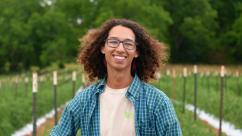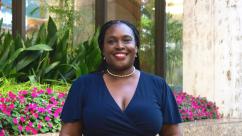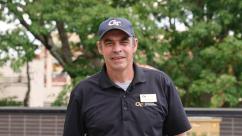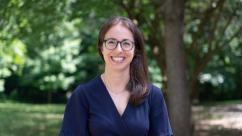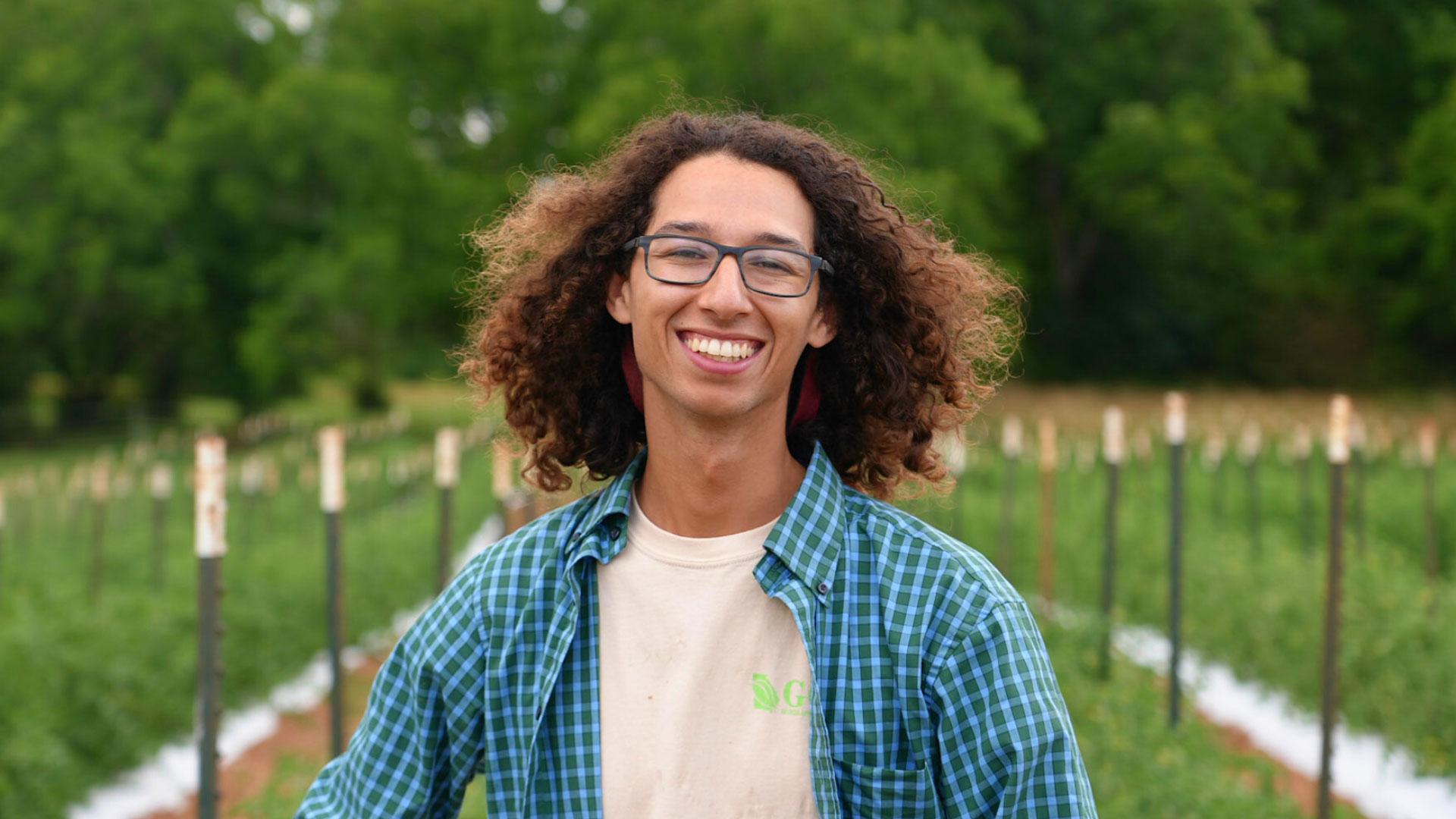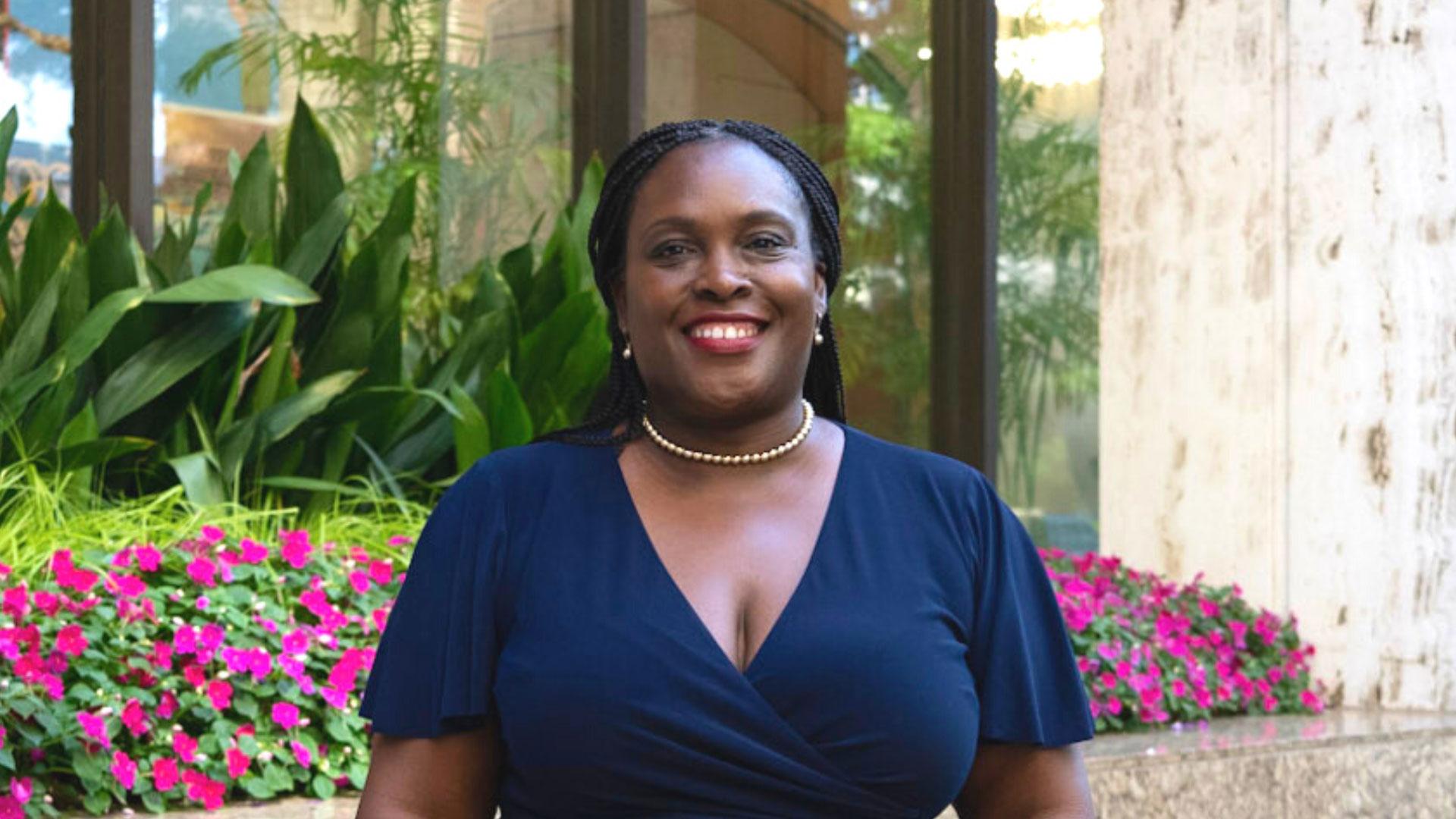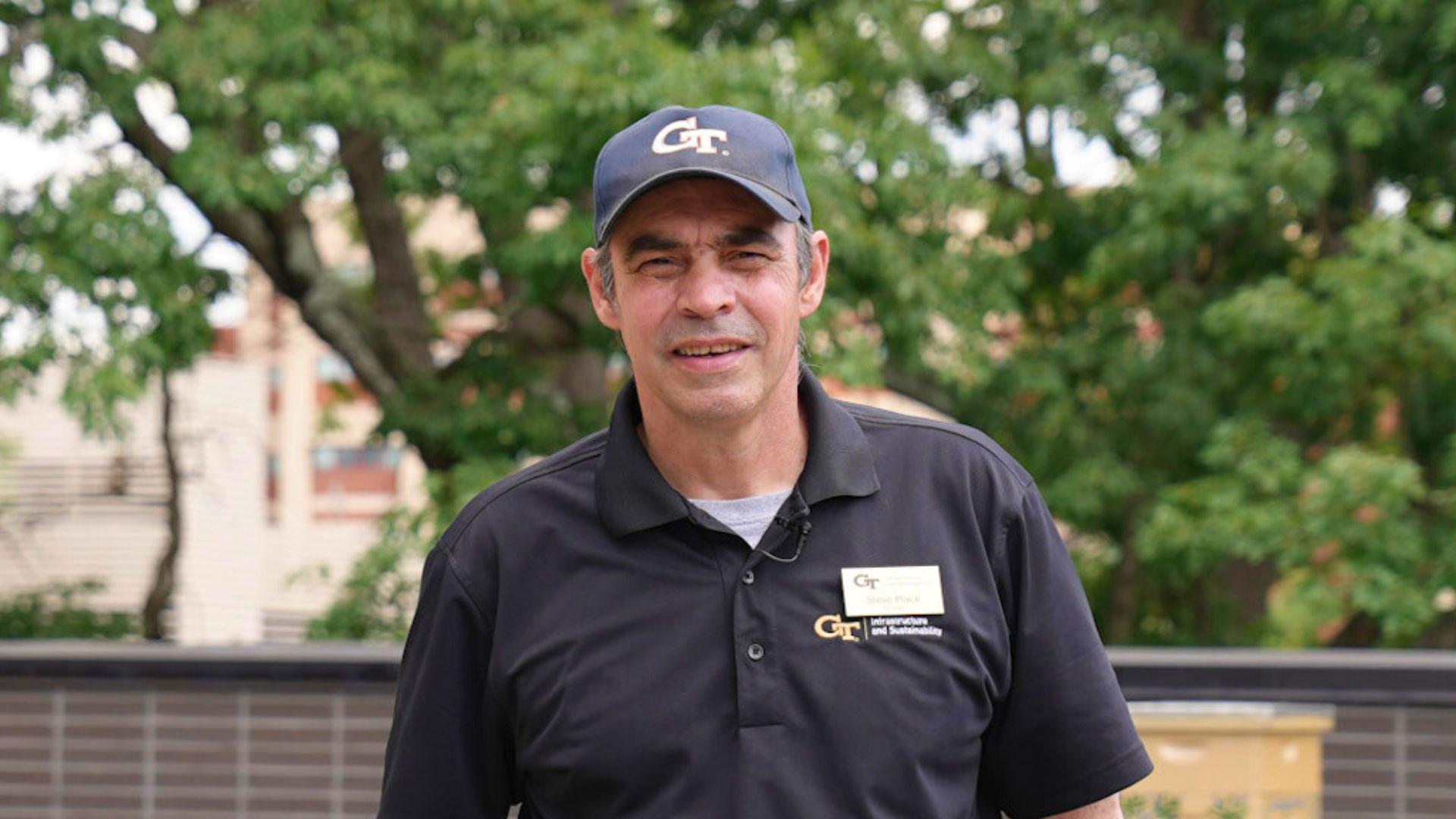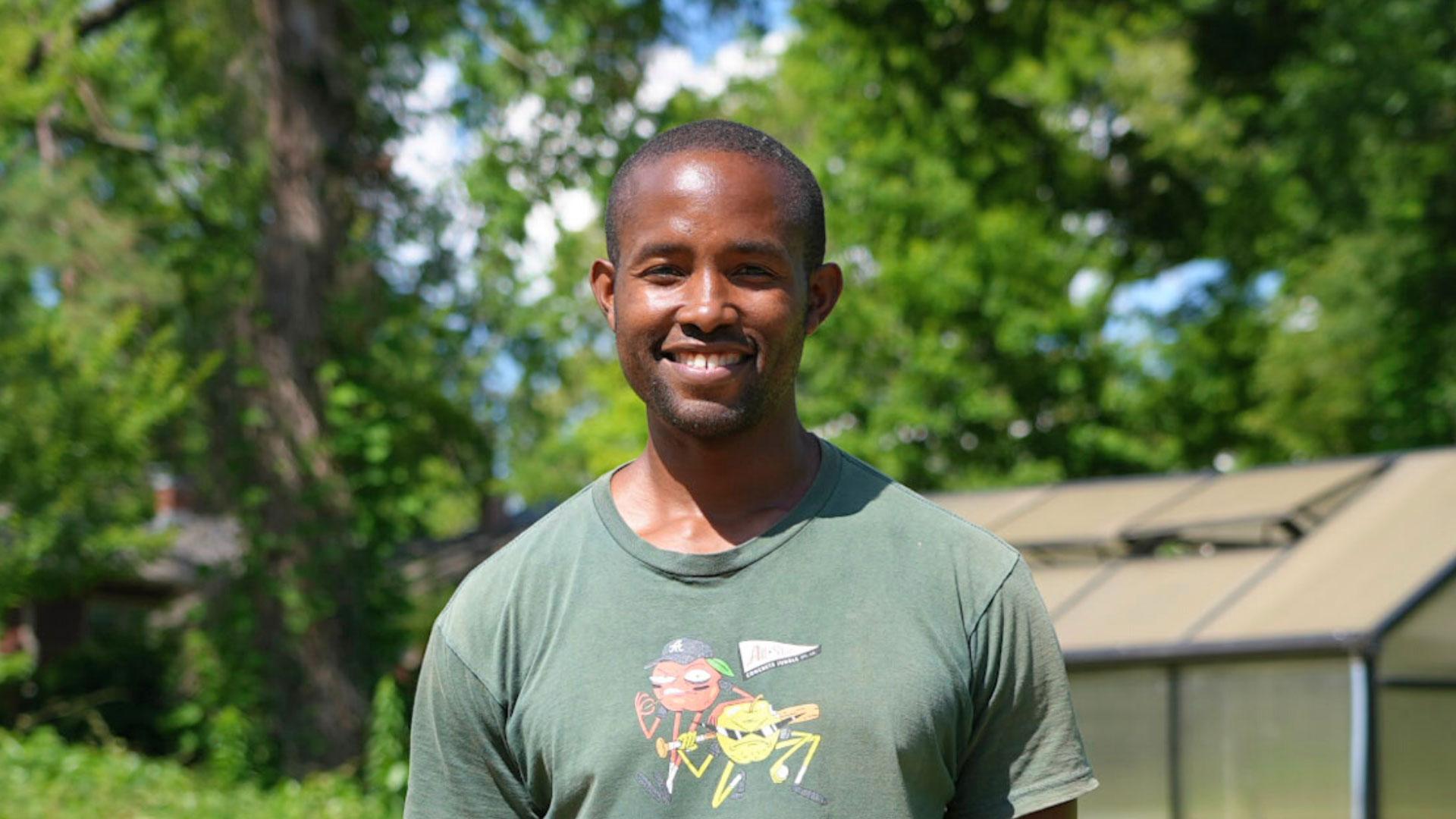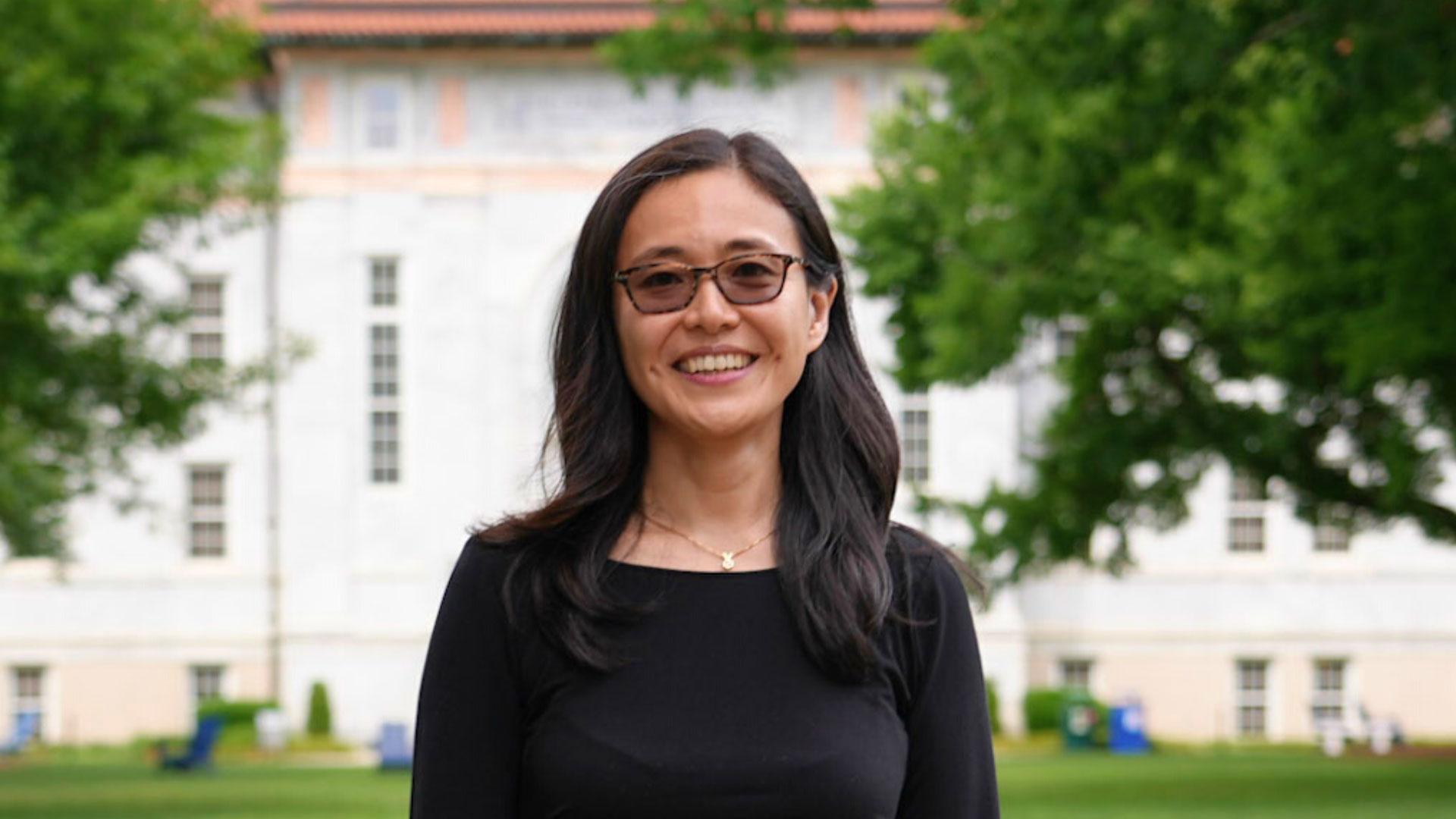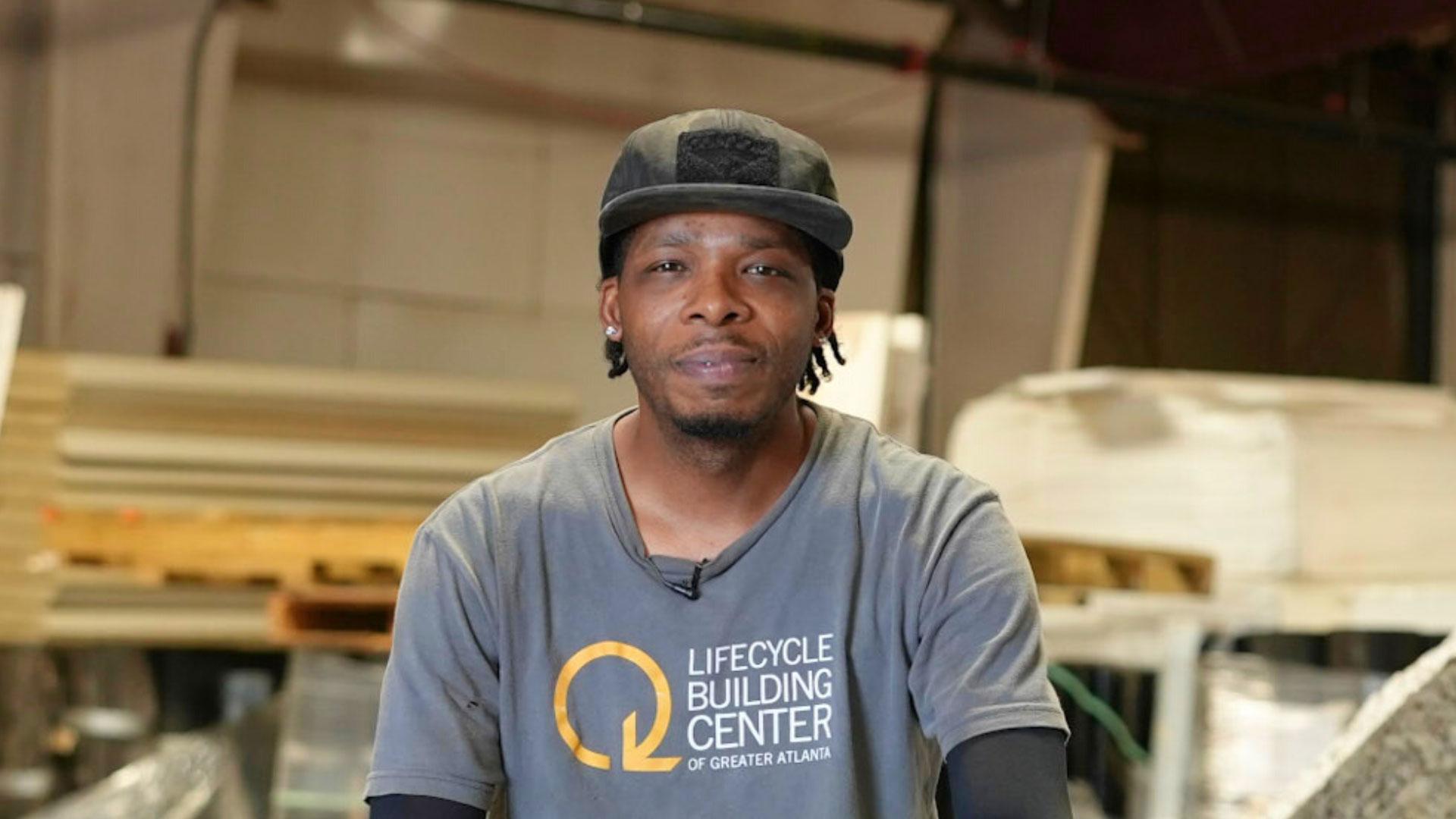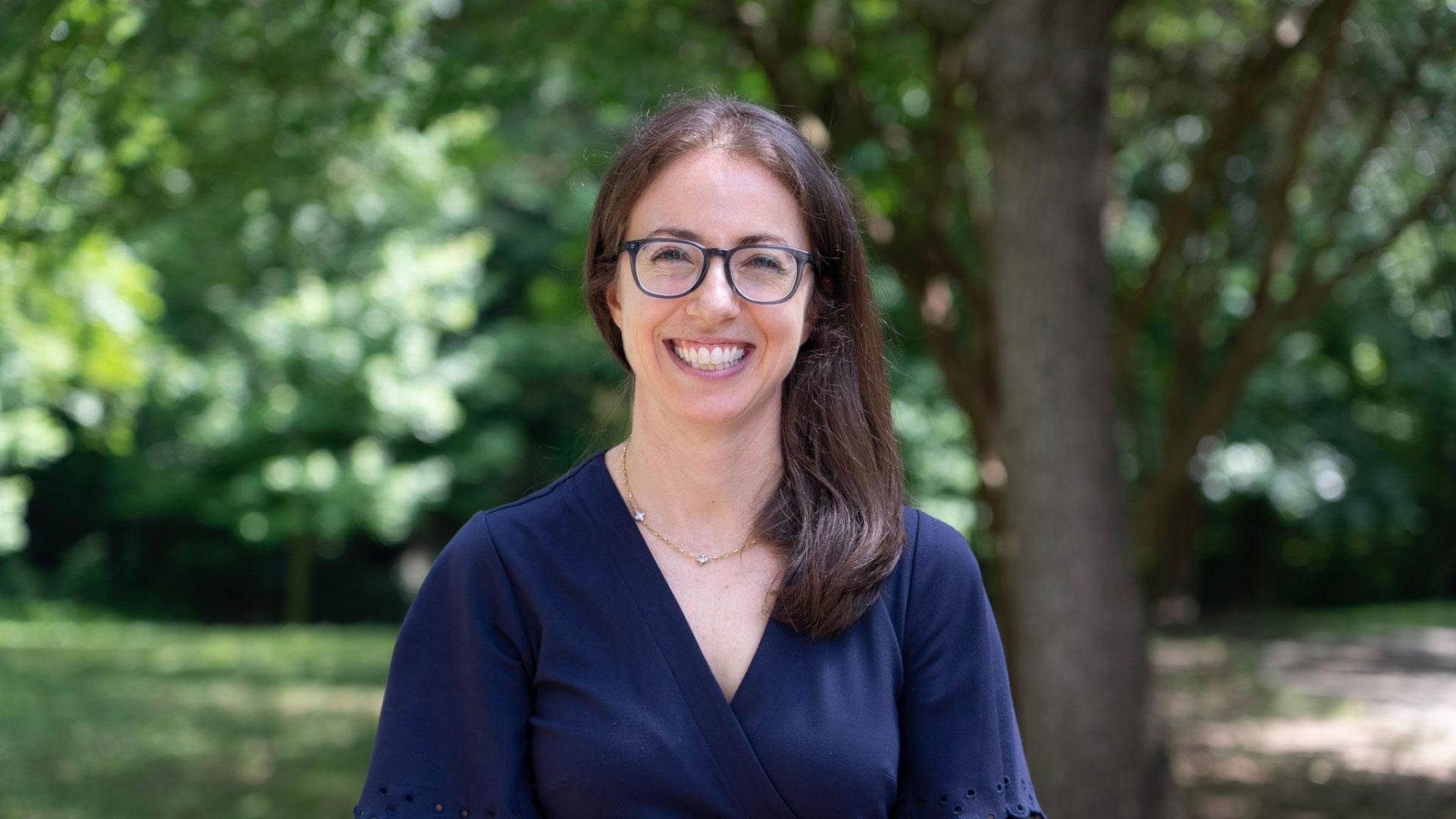Robin Okunowo: Empowering the Next Generation of Real World Superheroes
In this Episode
Robin’s Story
Robin grew up in Atlanta. Her passion for social justice and experience as a 'Planeteer' when she was a young person helped shape who she is today as an environmentalist who serves as program coordinator at Captain Planet Foundation's Planeteer Alliance. To date, the Planeteer Alliance has trained more than 2,900 young people in 90 different countries to serve as effective change makers in their communities. Thanks to this work, empowered youth are able to launch environmental campaigns that accelerate climate solutions, such as curbing the use of single-use plastics.
Discussion Questions
One of the most important things you can do when it comes to climate change is talk about it.
- Captain Planet Foundation's approach is based on the 1990's television show Captain Planet, which featured a team of young superheroes from different continents, each of whom controlled a different element as they fought against environmental injustices such as pollution and deforestation. When their strengths were combined, they summoned Captain Planet, representing the victories possible when we have global cooperation. What are lessons today that we can learn from Captain Planet's example? What is the difference between individual and collective action, and how does each demonstrate essential ways to address climate change?
- Robin's aunt and uncle live in the Florida Keys, and their coastal home is facing land loss due to rising seas and climate-related disasters like more intense hurricanes and tropical storms. Robin's visits to the Florida Keys were formative experiences that gave her early exposure to environmental degradation given the islands’ proximity to the frontlines of climate change. Seeing ocean pollution like 'trash rivers' left a lasting impact on Robin, for example, and motivated her to create positive change through her role at the Captain Planet Foundation. Have you experienced a visual effect of climate change, whether in the news or real life? How could you use that experience to help motivate you to help advance climate solutions?
- Youth in the Planeteer Alliance engage in activities through the five foundational elements. Each element represents a core value of Captain Planet—Earth to ensure healthy soils and forests; Wind to build a circular economy; Fire to end the burning of fossil fuels and invest in renewable and clean energy; Water to protect marine and freshwater systems; and Heart to empower women and youth. All the elements represent solutions to address the climate crisis and draw down the world's greenhouse gas emissions in order to lay the foundation for a healthier planet and a healthier future. If you were a Planeteer, which of the five elements would you represent, and what would your superpower be to fight environmental injustice? Are there ways that you could realize your superpower as a real-world hero? What support would you need?
- Robin explains that the invention of plastic was initially an exciting innovation that has changed how we live, but plastics have also contributed to pollution in alarming ways. One of the early motivating forces behind the Planeteer program was the concern young people expressed after seeing large amounts of plastic pollution in their communities, and their subsequent desire to participate in clean-up efforts. That concern evolved into a greater awareness that plastics—at their source—are fossil fuels. Today, the Planeteer Alliance empowers youth to start environmental campaigns such as stopping the use of plastics, reducing our purchasing of single-use plastics, and reusing plastics that we already have. While clean-ups are still a part of the Planeteer Alliance, examining the source of plastics also means curbing the use of fossil fuels, such as coal. We are currently living in a society that is heavily reliant on plastic. What are examples of plastic in your daily life? What steps can you take to reduce your reliance on plastics, or your family's reliance on plastics? What are tangible ways to encourage stopping plastics in your community?
- There was a moment when Robin felt she had to choose between her identity as a Black, Queer young person growing up in Atlanta and her passion for fighting for the environment and a more livable future. She explains that she did not see anyone who looked like her doing climate work, so she did not think she could do climate work. In college, Robin realized that racial justice and climate change must be addressed together, and recognized that she could be involved in climate work in ways that spoke to her identities. There are many layers to seeing ourselves in different spaces, especially when you hold an identity not necessarily represented in the mainstream. We all have a role to playin leading the way toward broader implementation of climate change solutions, as we seek to shape our shared future in positive, sustainable ways. What is a career that you are interested in learning more about? How might that interest influence you to envision yourself in that career if you saw someone who looked like you in a leadership role in that career field?
- When working on a big issue like climate change, Robin talks about the importance of perseverance. She draws inspiration from her father, who immigrated from Nigeria and instilled in her a strong work ethic and determination, which continues to inspire Robin as a first-generation American. Robin has also found tremendous support in the philosophy of "one step at a time" through her participation in triathlons and the community she found there. Through participating in triathlons, Robin has realized the power of her strength, confidence, and ability to change her mindset in terms of recognizing what is possible for her to accomplish. She has also realized that "learning to rest and to take a break rather than to quit is the key to perseverance." Can you recall a time when you faced a challenge? Were you able to tap into your strength and perseverance? How can Robin's advice to take it one step at a time—taking breaks rather than quitting—be helpful to you?
- Drawdown was the first book Robin read that focused on climate solutions, and drawdown solutions also helped shaped approaches to activating youth to advance climate solutions worldwide through Captain Planet Foundation's Planeteer Alliance programming. What is a drawdown solution that you want to learn more about? In what ways can focusing on solutions rather than the problems we face be helpful?
Learn More
Learn about the solutions in this story.
- Solution Sector: Industry
- Solution: Reduced Plastics
- Climate Solutions Cluster: Improve Materials; Use Waste
- For more on all of the Drawdown climate solutions, visit drawdown.org/solutions.
- Learn more about the work Robin does: Captain Planet Foundation’s Planeteer Alliance
Explore Climate Solutions 101, the world's first major educational effort focused solely on climate solutions. This video series combines Project Drawdown’s trusted resources with the expertise of inspiring, scientifically knowledgeable voices from around the world: drawdown.org/climate-solutions-101.
Take Action
- Drawdown Ecochallenge, presented by Ecochallenge.org, is a fun and social way to take measurable action on the top solutions to global warming. Take the challenge, and see how a few weeks of action add up to a lifetime of change for you and the planet. If you want to take action on Waste Use like Robin, visit Link to source: https://drawdown.ecochallenge.org/challenges/industry.
- The Drawdown Labs Job Function Action Guides are practical and shareable resources that highlight specific, high-impact climate actions employees in common corporate professions can take at work.
- ChangeX connects people with proven ideas for strengthening communities with the resources needed to implement those changes. Explore countless ways to improve your community and help the world reach drawdown.
- Climate Generation's Green Careers for a Changing Climate Instructional Supplement (for Grades 6-8) contains resources to help young people learn about Green STEM Careers — careers that can help solve the impacts of climate change using STEM skills. Throughout this instructional supplement, students will be using the resource Drawdown to make important connections to solutions that these careers will implement.
- Solutions Journalism Network highlights the importance of reporting stories of climate solutions in the media to create a more equitable and sustainable world. Visit their Teaching Climate Solutions resource to find curated collections and the latest examples of climate solutions journalism.
- SubjectToClimate (StC) is a nonprofit online connector for K-12 leaders of all subjects to find materials on climate change at no cost. Explore StC’s educator-generated database to connect to Project Drawdown-based climate education resources.
Sign up to receive updates, provide ideas, and tell us how you might share Drawdown’s Neighborhood in your community.


